What is Intermittent Fasting 18/6? A Weight Loss Guide
Primal Edge Health participates in the Amazon Services LLC Associates Program and other affiliate programs and therefore, may collect a share of sales or other compensation from the links on this page. This comes at no additional cost to you, and all the prices and availability are accurate at the time of publishing.
With its rapid rise in popularity, you’ve probably already heard of intermittent fasting (IF), or more specifically, intermittent fasting 18/6. Proponents of IF sing about its benefits, including weight loss, reduced inflammation, and better brain function–but are these claims true? And if so, how can you get started?
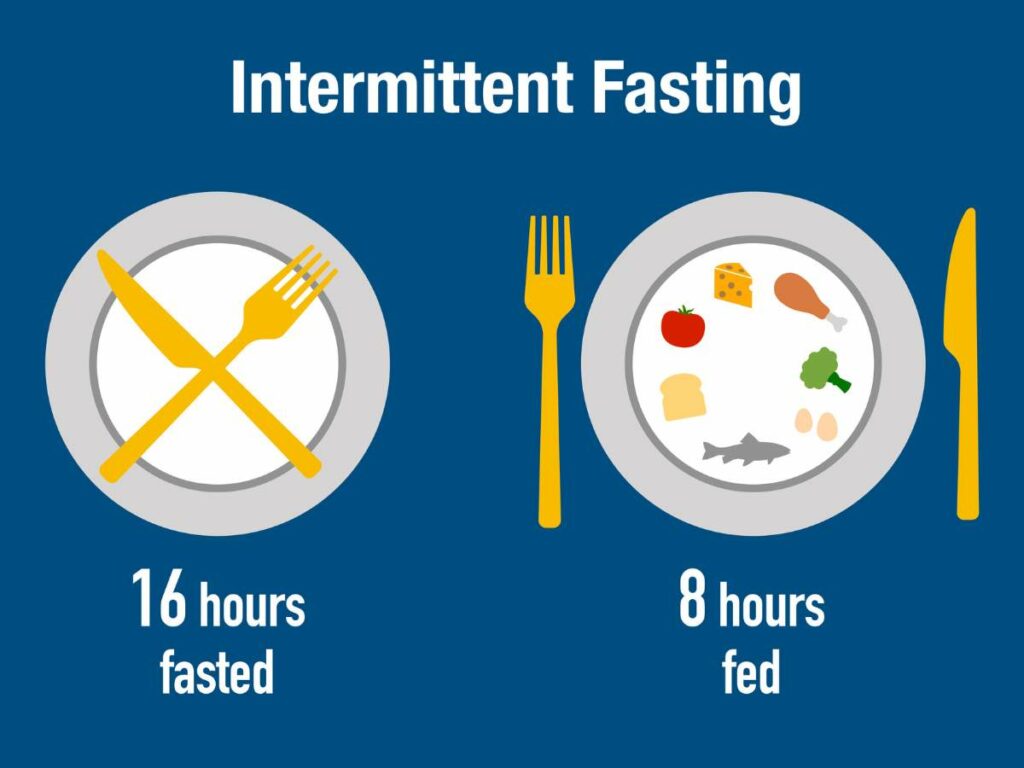
Just like with any new approach to nutrition, starting intermittent fasting can be intimidating. There’s so much to learn and a dozen different ways to fast, so much so that it can all get pretty confusing. Don’t worry, I was in the same boat when I started IF a few years ago, unsure of where to begin.
Intermittent fasting gets easier once you learn all the basics. Today, I’ll take you through a crash course on intermittent fasting 18/6, including the potential benefits, how you can get started, and what foods to eat.
All information included in this blog post is for informational purposes only and should not be construed as medical advice regarding fasting, nutrition, or any health conditions. I am only speaking from my experience as a low-carb mom interested in nutrient-dense food and personal performance.
Table of Contents (click to view)
What is intermittent fasting 18/6?
Intermittent fasting 18/6 is a popular form of time-restricted eating (TRE). With this pattern, you fast for 18 hours and eat your daily calories within the remaining 6-hour window.
For example, if your first meal is at noon, your eating window would be from 12 PM to 6 PM. Some people drink bulletproof coffee, plain black coffee, herbal or caffeinated tea, and bone broth outside of this window. That’s a personal choice that may or may not work for you, depending on your goals and context.
How Does 18-Hour Intermittent Fasting Work?
The body’s main source of energy is carbohydrates. When carbohydrates are not available, the body starts using fat reserves as an energy source and releases ketones.
Dietitian Melinda Gong of UC Davis Health explains the key principle behind intermittent fasting: by restricting food intake for long periods of time, the body will learn how to utilize fat stores more efficiently, hence fat loss. She says this process occurs even more frequently during food deprivation, as the body’s ability to store fat as energy is unlimited.
In addition, fasting may reduce the amount of calories you consume overall. A shorter period of time for eating could help you naturally cut down your caloric intake compared to when you’re eating more frequently throughout the day. However, this still depends on what foods you’re eating and whether you’re in a calorie deficit.

What Are The Potential Benefits of Intermittent Fasting 18/6?
Intermittent fasting has been around for decades, but it became more popular in the 2010s. Since then, experts have studied the effects of intermittent fasting and its potential health benefits, including:
- Weight loss: A Journal of Translational Medicine study shows the effectiveness of IF as a weight loss strategy, especially in overweight or obese adults. This overall loss in weight can be attributed to fat lost when the body switches to using fat as energy after it exhausts the remaining sugar in your blood. This effect is one of the biggest reasons why IF is so popular, especially as a celebrity diet.
- Reduced diabetes risk: Weight loss can help reduce the risk of Type 2 diabetes by improving the body’s insulin response and reducing insulin resistance. Furthermore, research shows that IF effectively decreases fasting glucose, leptin, and insulin levels, which helps improve insulin sensitivity and overall health.
- Better brain function: Animal studies have shown that Parkinson’s disease, autism spectrum disorder, anxiety, and mood disorders may benefit from intermittent fasting. Additionally, a study published by Oxford Academic suggests that practicing intermittent fasting over the years could help delay the development of Alzheimer’s.
- Improved heart health: A review of multiple studies found that IF could help reduce the risk of heart disease by improving weight management, blood pressure, and lipid levels.
- Fewer cravings: Fasting can reduce the hunger hormone called ghrelin, which could help reduce sugar cravings.
- Reduced inflammation: A Mount Sinai study confirms fasting reduces inflammation and helps improve chronic inflammatory diseases without hindering the immune system’s inflammatory response to infections.
Who Shouldn’t Do Intermittent Fasting?
Like all other diets, intermittent fasting is not a one-size-fits-all approach to nutrition. John Hopkins Medicine warns that this isn’t for everyone. IF probably isn’t for you if you fall into these categories:
- Children under 18 and adults over 65
- Pregnant or breastfeeding women
- People with Type 1 diabetes and other metabolic health conditions
- People taking blood pressure or diabetes medication
- Individuals who are already underweight or are struggling to gain weight
- People with a history of eating disorders
Talk to your primary care physician before trying intermittent fasting, even if you aren’t on the list above. It’s best to get the all-clear from a professional first before making changes to your diet.
How to Start 18/6 Intermittent Fasting?
If you talk to your doctor and get the green light to start IF, now what? Let’s dive into how to start intermittent fasting responsibly.
When I first started intermittent fasting, I made the mistake of diving straight into the 18/6 protocol overnight. While 18/6 was my primary goal, my body didn’t take too well with the change from eating three meals, plus snacks at odd hours throughout the day and night, to a restricted eating time window with only two or three meals.
What can you do to avoid shocking your body when starting IF? Here’s what I’ve learned from reading studies and tips from medical professionals like John Hopkins.
Step 1: Start Nice and Easy
Adopting a new eating pattern is more manageable when you ease into it. Start with a 12/12 protocol (fasting for 12 hours with a 12-hour eating window). During the window, eat three meals with at least four hours between each one. Try to avoid snacking. If this is still too much, start with an 8-hour window.
It may also be a good idea to fast on specific days of the week at first. For example, you can practice time-restricted feeding on Mondays, Wednesdays, and Fridays, and eat normally during the remainder of the week. This strategy could help you adjust more easily.
Step 2: Extend Your Fast
After a week or so of the 12/12 intermittent fasting schedule, transition to 14/10, then 16/8, then finally to 18/6 intermittent fasting over time. Don’t pressure yourself to move to the next step too quickly. Remember, sticking to new fasting hours is easier when you give your body enough time to adjust.
Follow one eating schedule every day. For example, if you choose an 11 AM to 5 PM eating window, try to maintain that routine daily.
Step 3: Adjust Accordingly
For me, starting IF was a trial-and-error process, and it might be the same for you. Hence, you might have to try different approaches to find what works best for you. Take the time to explore other options if needed, such as OMAD (One Meal a Day) or ADF (Alternate-Day Fasting).
How to Manage Hunger While on IF?
Observe your health and mental state while transitioning to the 18/6 protocol. If you start feeling lightheaded during your fasting period, consider reducing your fasting window. The same goes if you find yourself cranky, anxious, or generally unhappy. Don’t be afraid to stop fasting and try again the next day or after a few days of rest.
Moreover, learning how to respond to hunger pangs is important. These will inevitably happen when you start a fasting regimen. Feeling hungry is a normal part of fasting as your body gets used to longer periods of calorie restriction. However, it shouldn’t cause worrisome side effects like dizziness, lightheadedness, or extreme discomfort. If these persist, speak to your doctor immediately.
When your stomach starts growling, try drinking water or herbal tea tea. Avoid zero-sugar beverages like diet soda. Sodas like Coke Zero technically doesn’t break a fast, but too much artificial sugar may increase the risk of insulin resistance, gut health changes, and heart disease.
Sometimes, changing your scenery and getting up to go outside or for a walk helps redirect your mind and forget about your belly. If hunger doesn’t subside, it could be real hunger, a sign to break the fast and eat something. Never risk your health for the sake of following your intermittent fasting plan.
Remember that incorporating intermittent fasting into your lifestyle may not be linear. It’s perfectly alright to adjust as necessary or take a break from your fasting days during special occasions. You are in charge of your health; don’t let fasting control you.

What Should You Eat While Intermittent Fasting?
Some people would argue that the intermittent fasting diet is about when to eat, not what to eat. However, your food choices still matter regardless of your eating pattern.
Keep in mind that the goal is to nourish your body with wholesome, nutrient-dense foods during your eating window without eating a caloric surplus. Lizzie Streit, MS, RDN, LD recommends the following tips:
- Fruits: Add at least one serving of fresh fruits to each meal. Low glycemic index (GI) fruits like apples, pears, strawberries, peaches, and apricots will keep you full longer and won’t cause your blood sugar to spike. Plus, they’re a great source of vitamins and minerals but won’t eat up a lot of your calorie allowance.
- Vegetables: Eat at least two to three cups of fresh vegetables per day. Diversify your diet with leafy greens (e.g., lettuce, kale), cruciferous veggies (e.g., cabbage, broccoli), roots (e.g., potato, yam) and other types of vegetables (e.g., onion, celery, asparagus).
- Whole grains: Whole-grain foods are rich sources of fiber, vitamins, and minerals. Moreover, whole grains have lower glycemic index (GI) values, meaning they have a lower effect on blood sugar levels and are digested more slowly versus refined grains, keeping you satiated longer.
- Protein: Meat, poultry, fish, seafood, eggs, dairy, nuts, seeds, legumes, tofu, etc. If you find it hard to eat enough protein from food, consider adding an occasional protein shake to your meal plan, but strive to prioritize whole food sources as much as possible.
- Healthy fats: Consider using lard, tallow, and butter instead of vegetable and soy oil. Fresh avocados are also a great source of fat.
- Hydrate: Drink plenty of water throughout the day. Alternatively, try fruit-infused water like lemon water that won’t break your fast because they are so low in calories.
- Eat cravings moderately: Limit highly processed, empty-calorie foods like junk food as much as possible. Pay attention to your cravings and how you feel when you eat certain foods. Is the taste worth whatever happens next? Don’t let cravings control you.
Final Thoughts
When done right, intermittent fasting 18/6 can help you reap the benefits of having better weight control, improved blood sugar, and less risk for chronic diseases like Type 2 diabetes. Still, it’s not something you should dive into head-first, so I’m happy you’re here reading the information and doing your due diligence before getting started.
With these tips, you can easily start IF the right way: slowly and in partnership with your trusted medical professional. If you found this article helpful, don’t hesitate to share it with others in your life who might want to discover the benefits of intermittent fasting.
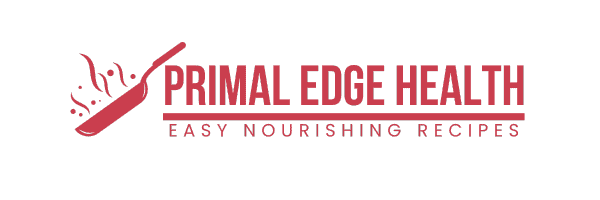
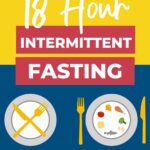
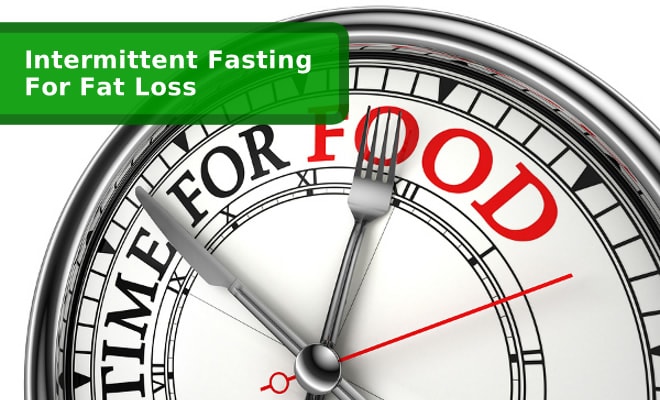

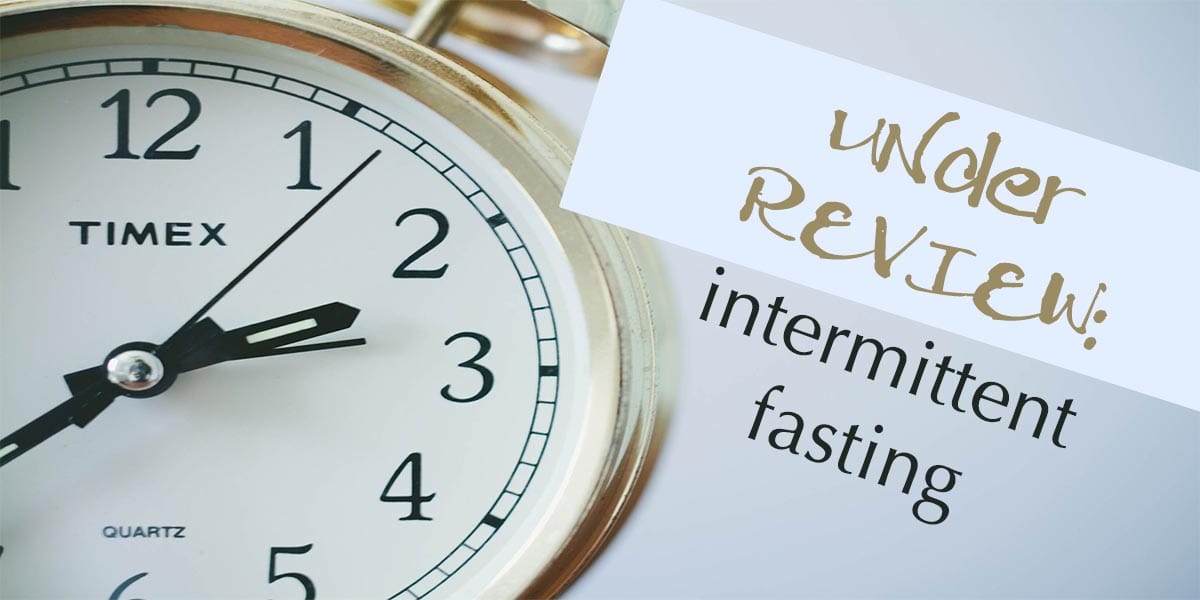

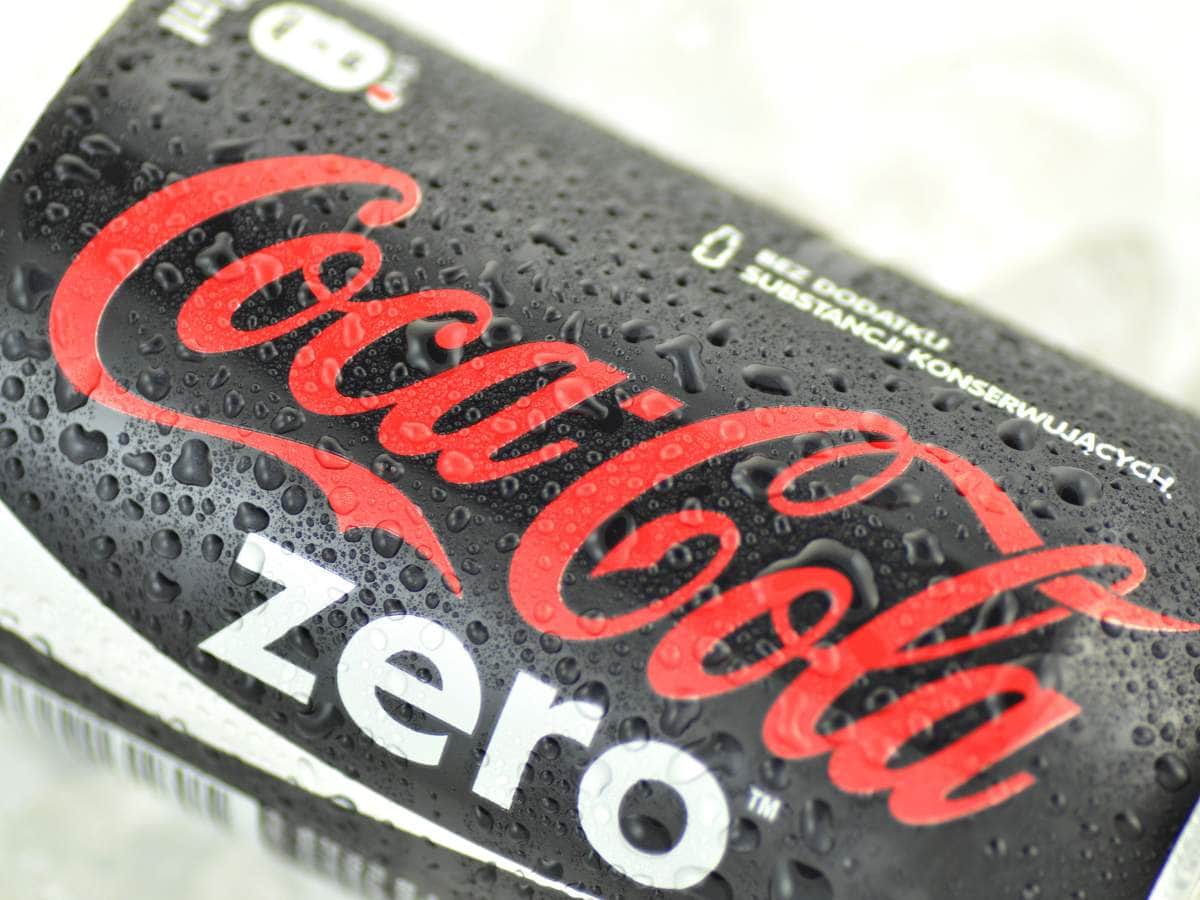

These tips have been helpful in “planning” my fasting journey…especially the mental health part and what/what not to worry about. Thanks!
I’ve been really interested in 18/6 IF and was thinking I’d just jump right into it as a total newbie. Thanks for your great info. I’ll be rethinking my starting strategy!
Happy to hear we helped you strategize. Thanks, Dennison.